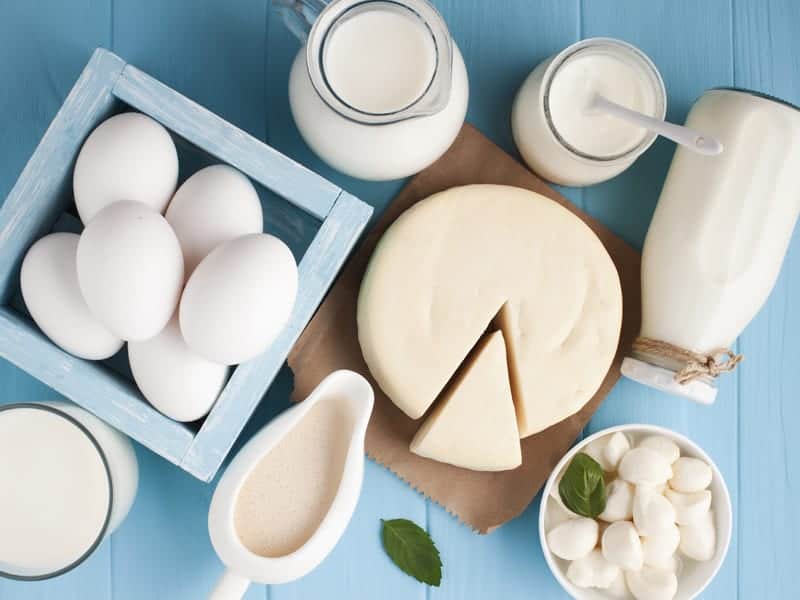Since childhood, we have heard the notion, “Drink milk if you are a good boy/girl” and it has been drilled into our heads. We all disliked every bit of it as it was immensely annoying and we always regarded it as a punishment. But with calcium deficiency in women becoming common, we need to think why drinking milk is so essential?
We all know calcium in our blood is essential for strengthening our bones and teeth, but it is also necessary for blood circulation and muscle control. Calcium deficiency is known as Hypocalcaemia.
You may be familiar with the term osteoporosis, it’s a disease that occurs when the body does not create enough bones or when the bones are not strong enough and very brittle due to calcium deficiency – even a slight touch may fracture your bone and can prove to be fatal. Women are more prone to developing osteoporosis as compared to men, especially after their menopause, because their estrogen levels decrease, and calcium deficiency in women becomes more prevalent. Low calcium intake during the growing years can lead to osteoporosis in later life.
5 Causes Of Calcium Deficiency In Women
The average adult needs an intake of 1000 mg of calcium per day, for pregnant women and women aged over 50 the calcium intake should amount to a minimum of 1200 mg. Girls in their growth stages of ages 9 to 18 should have a calcium intake of 1300 mg per day. Problems occur when calcium intake is not enough. Before we explore preventive measures, it is very important to determine what the causes and symptoms of calcium deficiency are.
1. Calcium Insufficient Diet
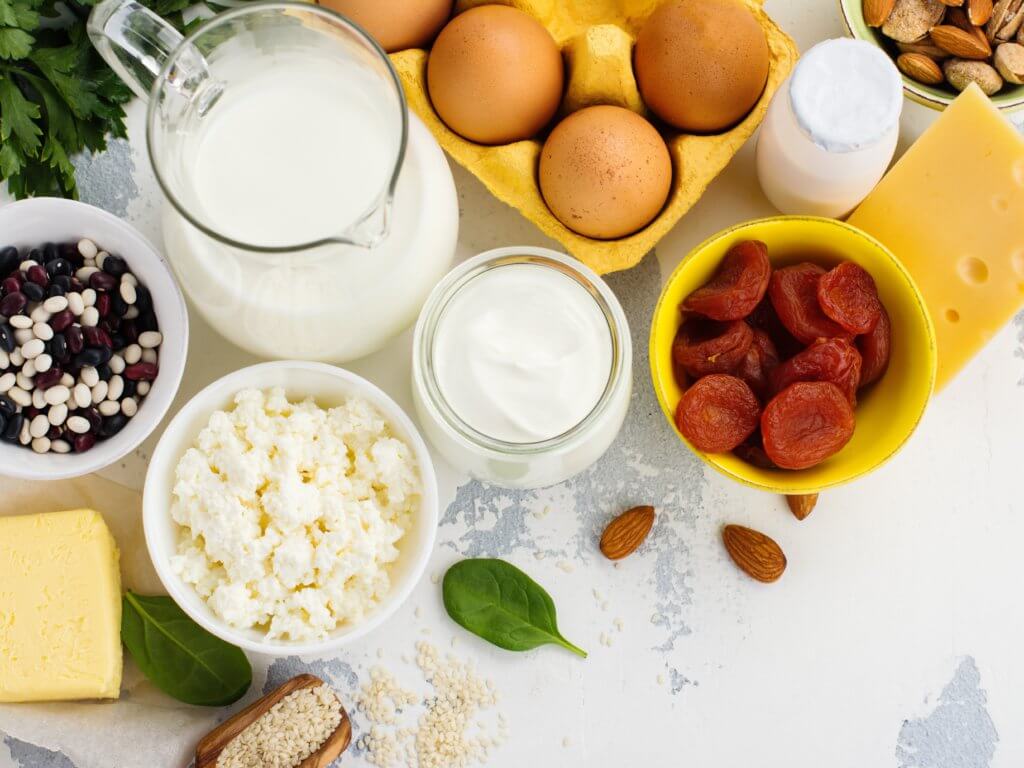
This is an obvious factor; care must be taken to ensure that adequate calcium levels are maintained in the diet by eating calcium rich foods, especially during the growing years.
2. Dietary Intolerance To Foods Rich In Calcium
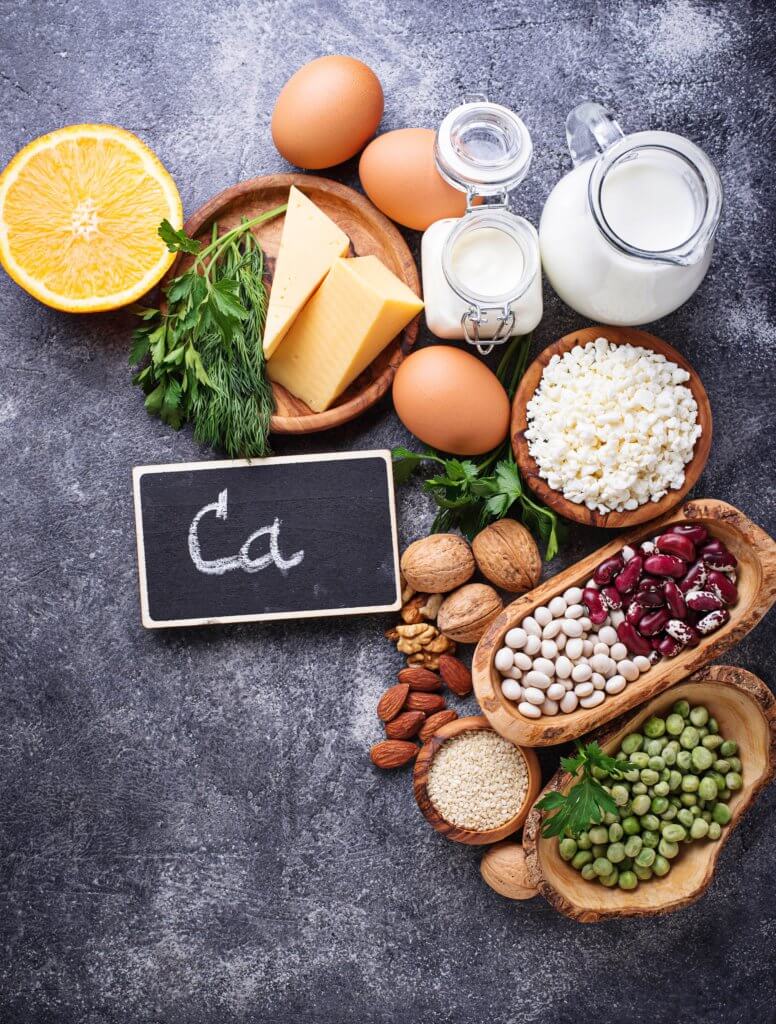
It is much better to absorb calcium from natural sources or calcium rich foods than rely on calcium supplements. However, if you are intolerant to foods rich in calcium, you might have to consider this option.
3. Hormonal Changes
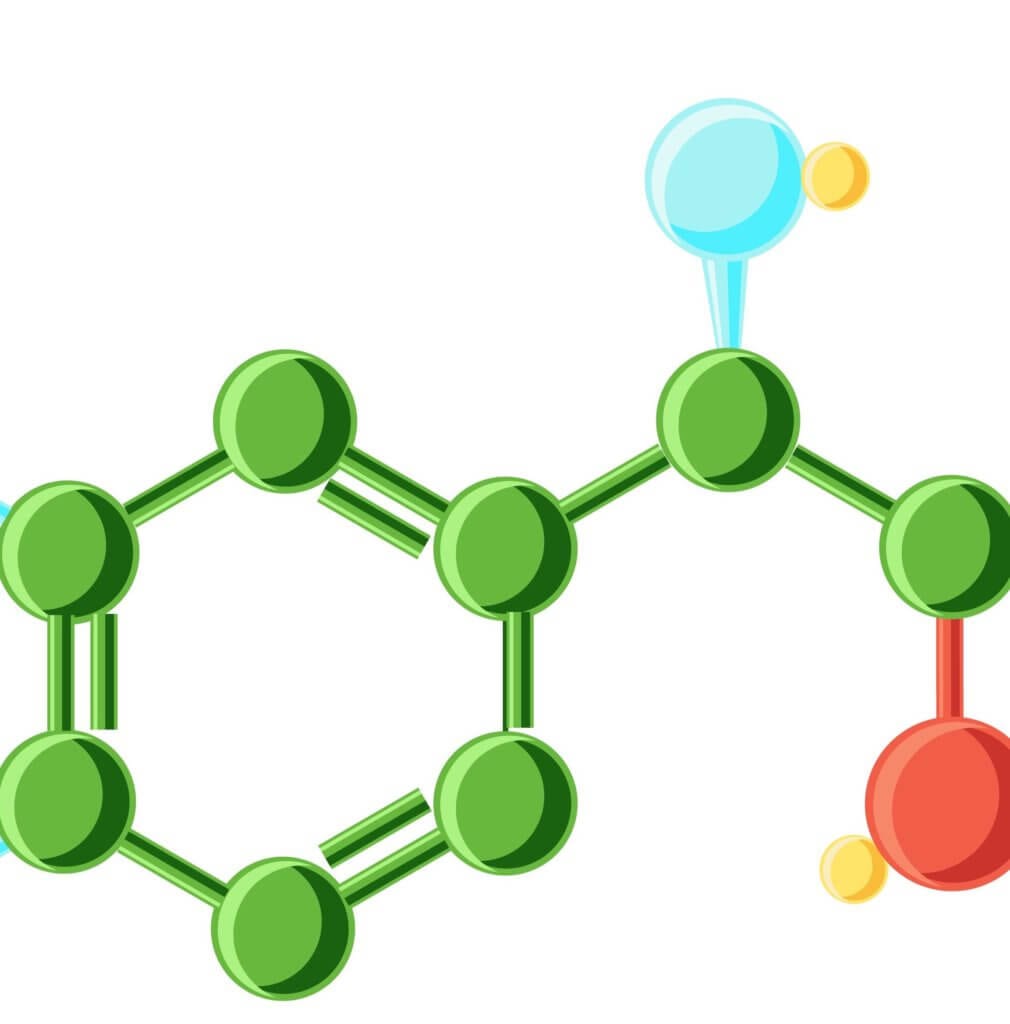
A decline in estrogen during menopause can lead to thinning of a woman’s bones. Women with hormone disorder hyperparathyroidism don’t produce enough parathyroid hormones which control the calcium in the bloodstream.
4. Genetic Factors
Calcium deficiency may be inherited even from a single parent.
5. Vitamin D Deficiency
Vitamin D helps with calcium absorption in the gut and maintains calcium levels in the blood. Lack of Vitamin D may lead to Tetany and in severe cases, Myopathy (weakening of muscles).
Symptoms Of Calcium Deficiency
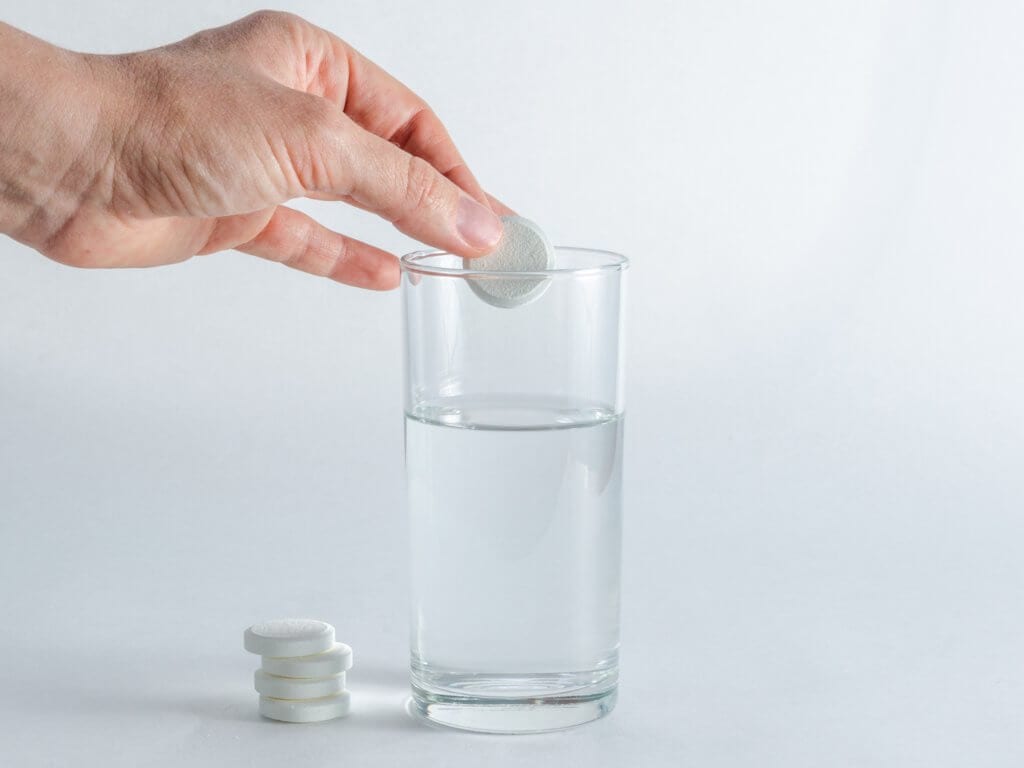
Several symptoms can hint towards a calcium deficiency, and if you are suffering from these symptoms, even if they are minor, it is always advisable to seek medical help.
Some Of The Minor Symptoms Are:
- numbness
- premenstrual symptoms
- tingling fingers
- muscle cramps
- lethargy
- poor appetite
- severe constipation
- repeated vomiting
- increased urination, Diarrhea
- weak or brittle fingernails
- fainting
Some Of The More Severe Symptoms Are:
- mental confusion
- including depression and anxiety
- tooth decay
- insufficient blood clotting
- bone fractures and heart problems involving blood pressure
What Calcium Deficiency Can Lead To:
Apart from weakening teeth and bones and causing osteoporosis, several other health hazards can be caused by calcium deficiency.
I. Insomnia

Calcium is directly related to the sleep cycle as it releases melatonin – a sleep hormone. Having a light sleep can be a cause of calcium deficiency; normal sleeping patterns are established when calcium level is increased.
II. Difficulty In Dropping Weight
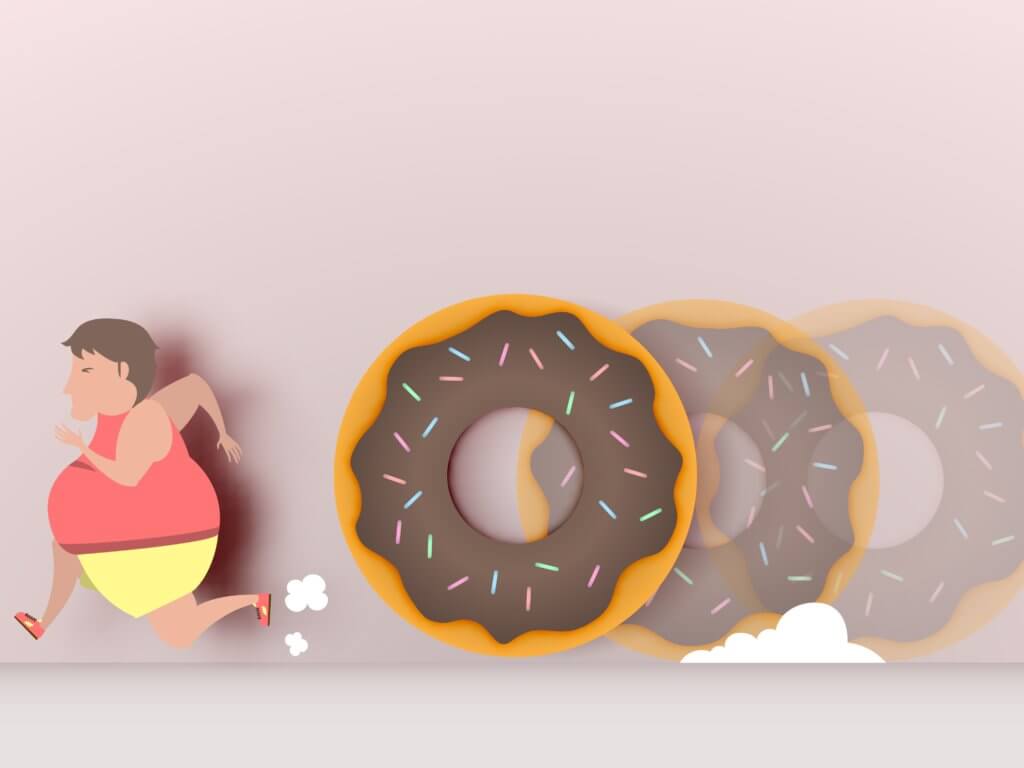
The calcium stored in fat cells helps in regulating the storage of fat. Fat cells containing more calcium burn more fat.
III. Paresthesia

Muscle tremors, tingling, numbness, an impaired sense of touch, confusion, poor memory, hallucinations are all symptoms of a nervous system condition.
Now that we have covered all the symptoms and causes of Hypocalcaemia let us get to how we can deal with this problem.
The best way to maintain calcium levels is through a calcium-rich diet. Here are some of the options you can try.
Top Food Sources Of Calcium That You Must Include In Daily Diet
List Of Dairy Products Rich In Calcium
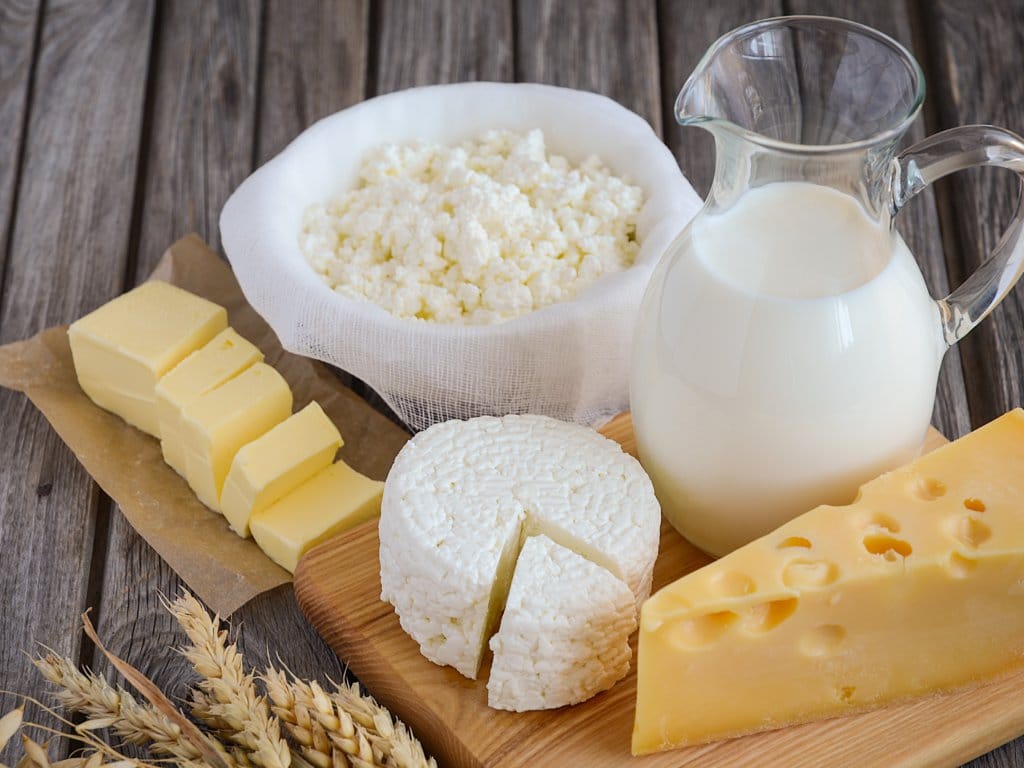
It is interesting to note the body absorbs more calcium when it comes from a dairy source; dairy is also said to have additional health benefits.
1. Parmesan Cheese
Delicious but healthy, most cheeses are excellent sources of calcium, the highest source being Parmesan Cheese. Most people can’t resist a cheese sandwich – it is ideal for breakfast or even a tiffin meal for your child. What’s more, cheeses like cottage cheese are also packed with protein – It’s a win-win situation.
2. Low-Fat Yoghurt
One cup of plain yoghurt consists of 30% of the RDI for calcium. What’s more low-fat yoghurt may be even higher in calcium. You can also try naturally flavoured yoghurt after meals or even as a snack.
3. Milk
Be it because of advertisements or the environment in which we have been brought up; we always associate milk with strong bones. This is because milk is one of the cheapest and best sources of calcium.
Non Dairy Food Sources Of Calcium You Must Include In Daily Diet
For those who are lactose intolerant, worry not because there are many non-dairy rich products which are calcium rich foods as well.
4. Chia Seeds
They may look tiny, but they are nutritional powerhouses. Not only are they rich in calcium, but they also deliver protein and healthy fats. In half a cup of Chia seeds, there is 631 mg of calcium. So now you know what to put in your morning smoothie or a healthy sweet treat.
Some other sources of calcium are poppy seeds and sesame seeds.
5. Almonds
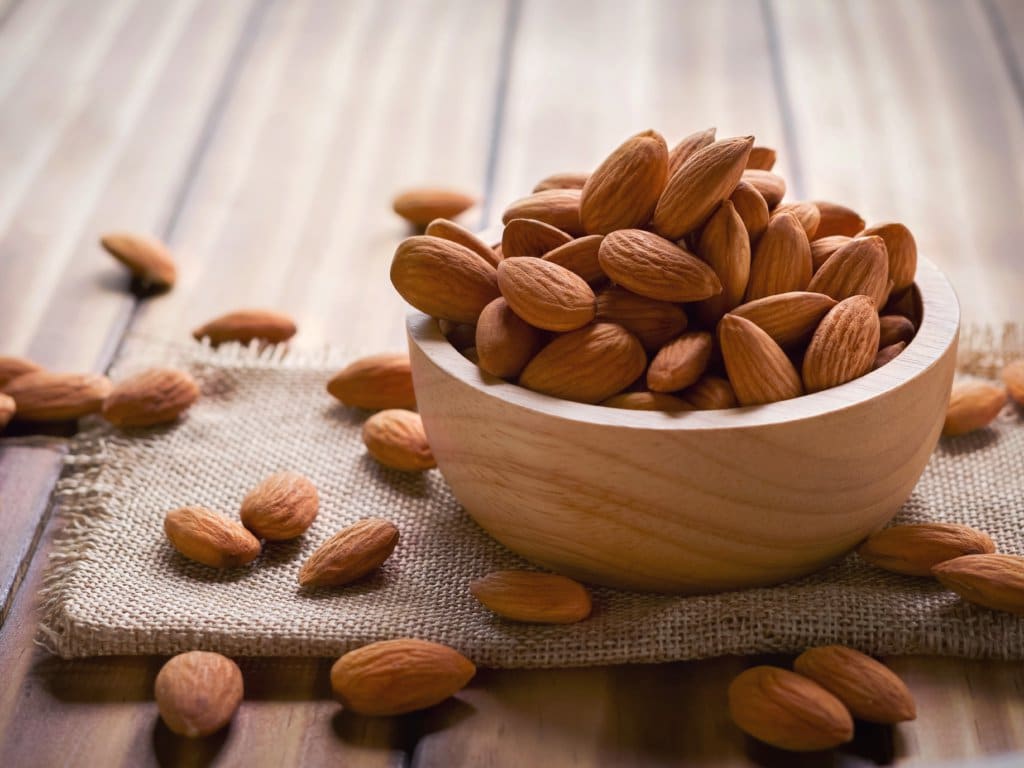
Of all nuts, almonds are one of the foods high in calcium, at 378 mg per cup it is a body-boosting snack that is also protein-filled. Almonds make for some healthy snacking, especially during those boring office hours.
6. Amaranth
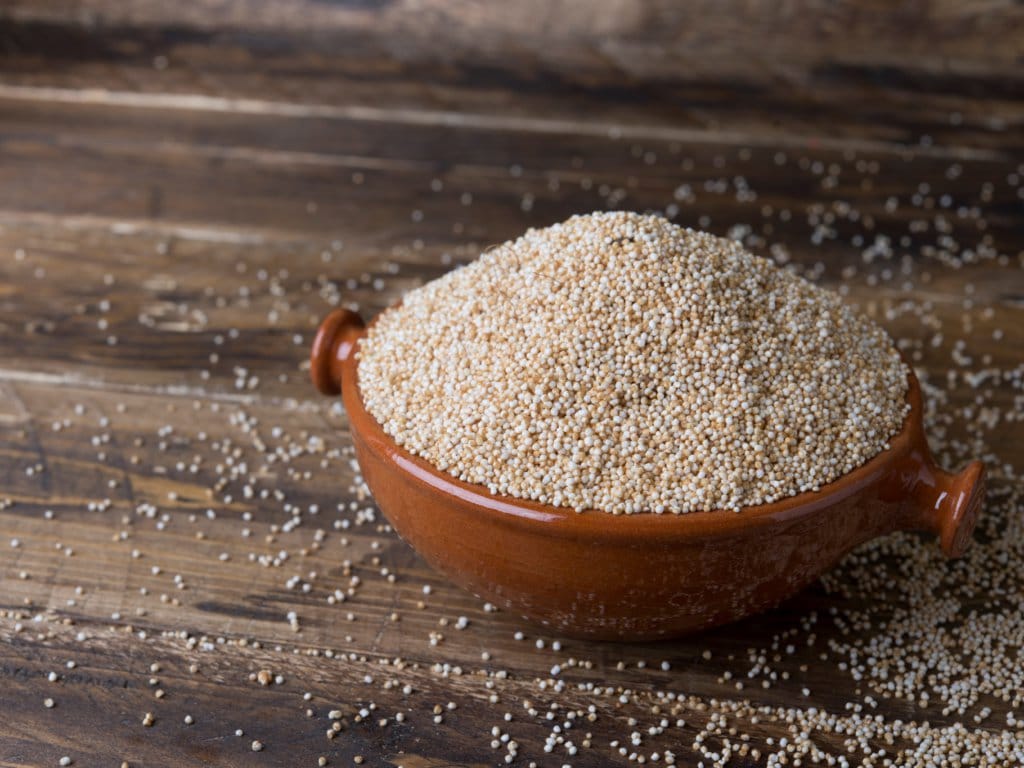
Amaranth is a super grain and is one of the ancient superfoods high in calcium which contains 116 mg of calcium per cup. Consume it as a midday snack or use it to top soups, salads and vegetable dishes.
7. Black Beans
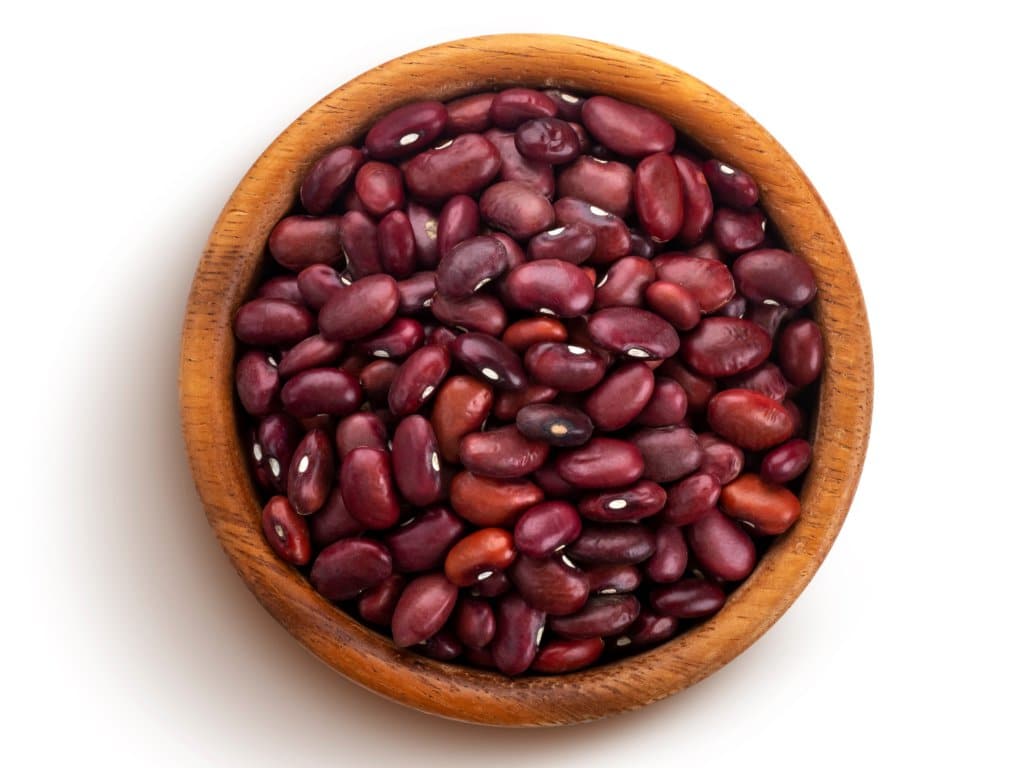
Black beans are a diet essential. Beans are one of the reasons why plant-based diets are considered healthy. One of the rich sources of calcium, one cup of black beans consists of 294 mg of calcium, 29 grams of fibre and 39 grams of protein – this is essential for your diet!
8. Tofu

You can cook this any way you want. Tofu is one of the super-rich sources of calcium – Each block contains 1000 mg of calcium. Scramble it, grill it, bake it or just pop it into a smoothie – health and deliciousness in each bite or sip!
9. Artichoke
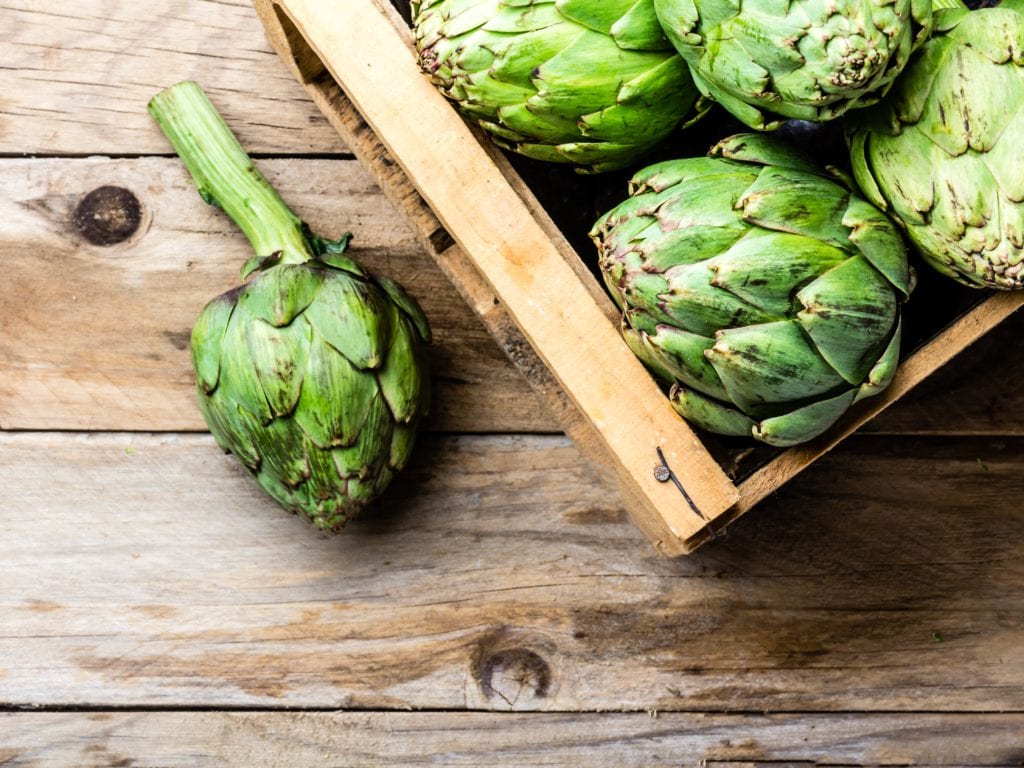
Another green veggie which is a calcium-rich food – every large artichoke contains 71 mg of calcium. Use it for a dip in your house party, or just enjoy this calcium filled delicacy yourself.
10. Broccoli
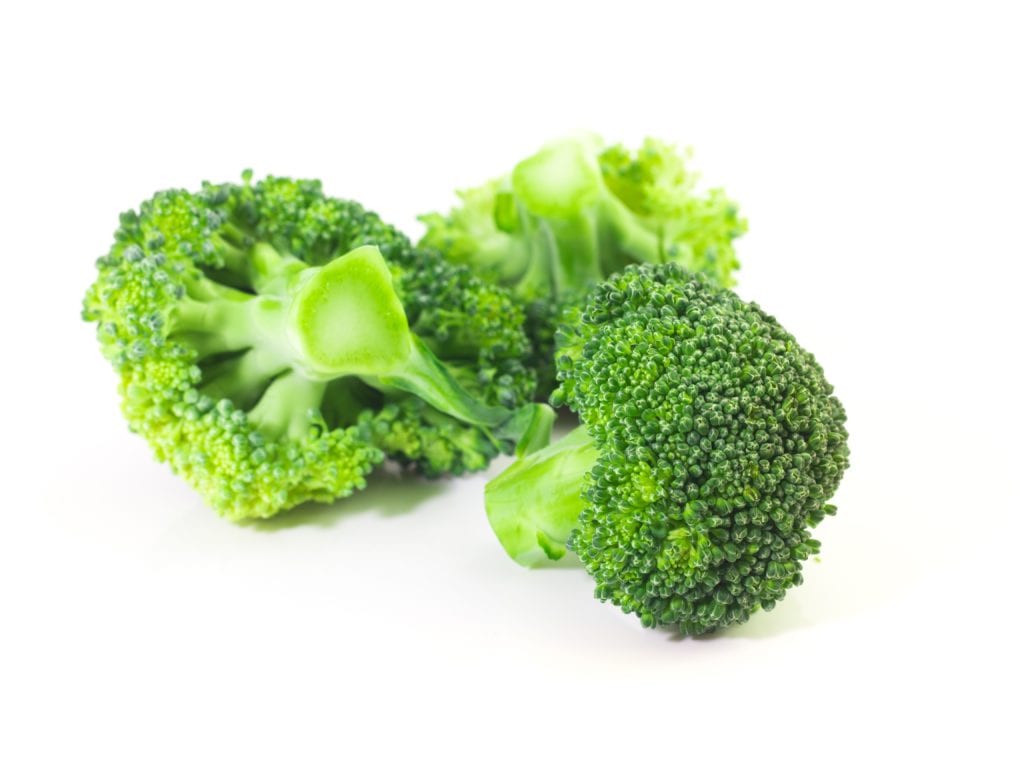
A perfect calcium food for vegans, this one has 300 mg of calcium per bunch. Pair it with some other veggies to enjoy a sumptuous and wholesome green meal.
11. Kale
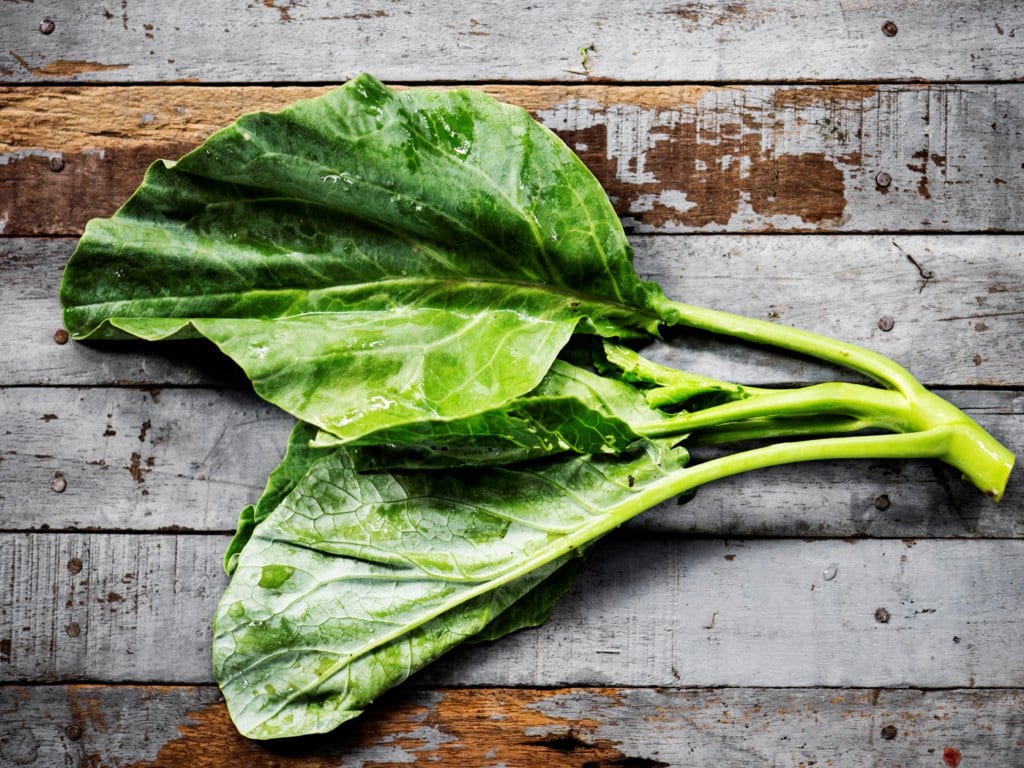
You might be hearing this word a lot as it is a trending health fad. Kale Smoothie is the new “in”. Toss a cup of kale into your juicer for 101 mg of calcium – throw in some lemon juice to optimise your calcium absorption.
12. Bok Choy/Pok Choi
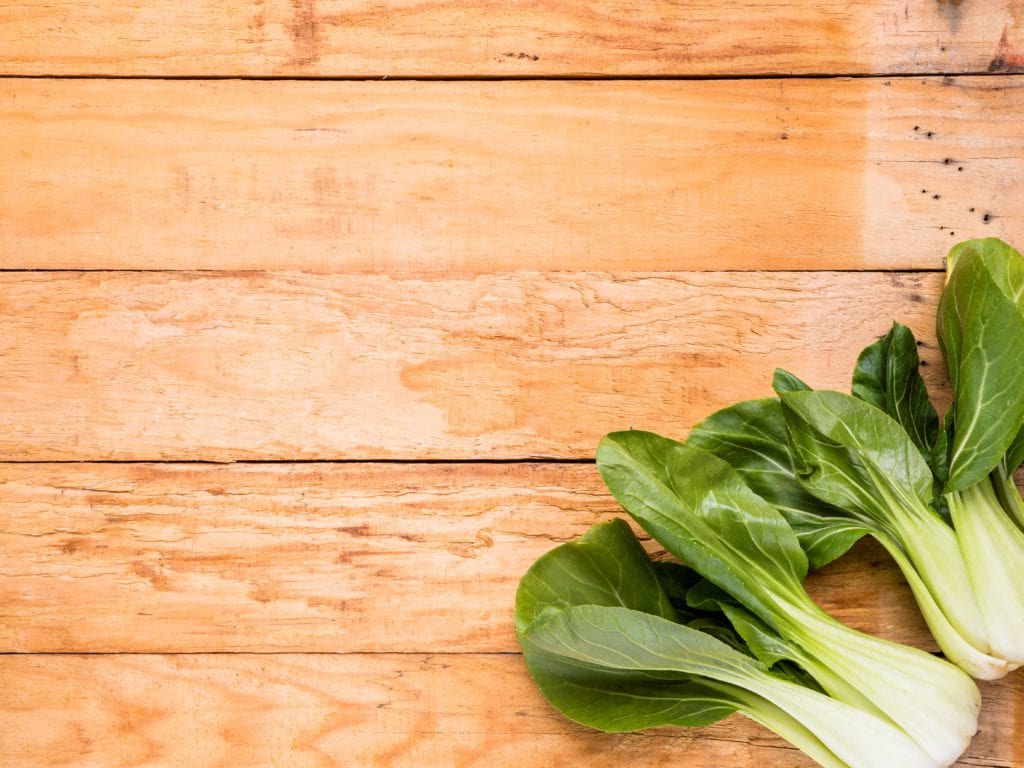
A kick-ass vegetable to use for Asian cuisine, this one contains 882 mg of calcium per head.
Non-Veg Food Options Rich In Calcium
13. Sardines And Canned Salmon
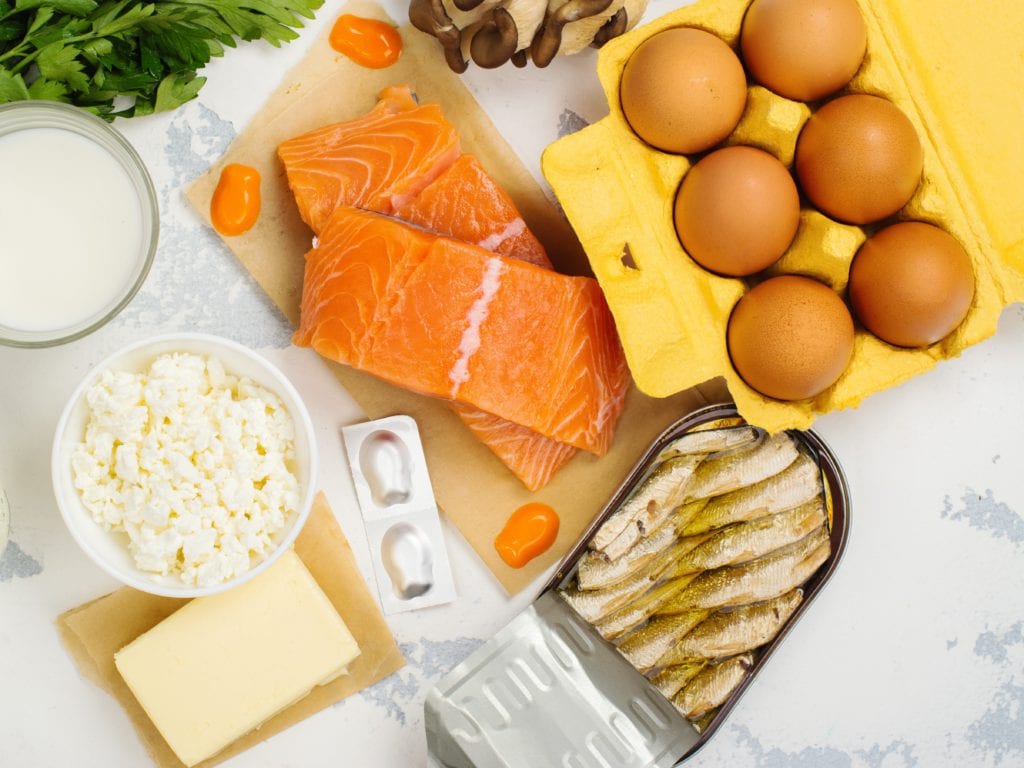
Sardines are an excellent choice for those who are lactose intolerant or allergic to dairy or people who need more calcium in their diet. They are also helpful during pregnancy when additional sources of calcium are required for the baby.
Another reason for sardines and canned salmon for being high calcium foods are because of their calcium-rich edible bones which softened by processing. Canned fish is also rich in omega-three fatty acids which are considered as brain food.
Fortified Foods And Drinks High In Calcium
14. Corn Flakes
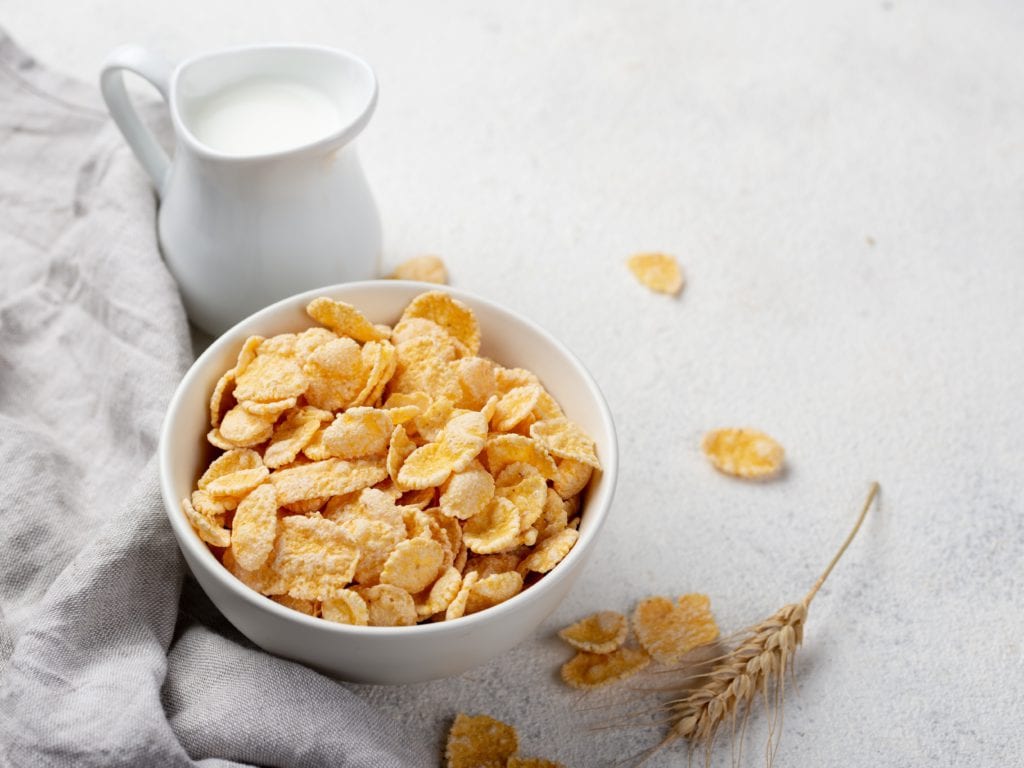
Many packaged ready to eat cereals are fortified and are rich sources of calcium. Some cereals serve 1000 mg per serving, which amounts to even more when milk is added. Some of these cereals are Total, Raisin Bran and Corn Flakes. Not all cereals are rich in calcium, so it is advisable to check the nutritional information on the packaging before making your choice.
15. Orange Juice

Oranges fall under the category of calcium rich foods. Fortified Orange Juice is a great non-dairy source of calcium; it provides up to 350 mg per serving or around 30 % of the requirements for pregnant women.
16. Bread
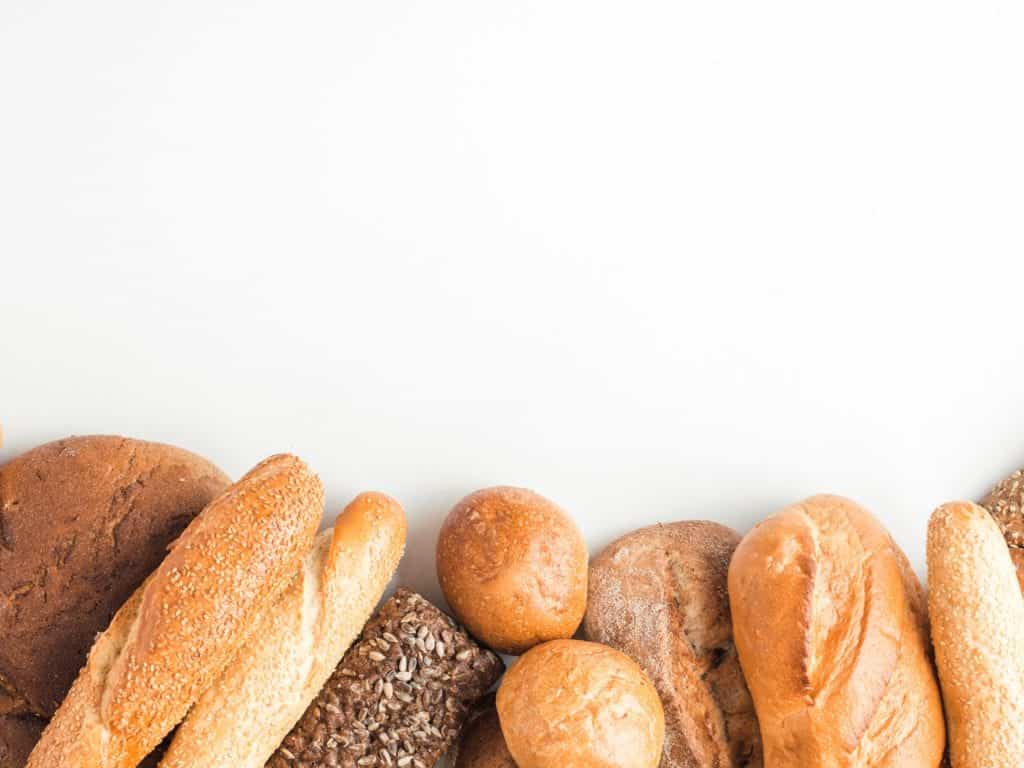
Flour and cornmeal can also be fortified with calcium, which is bread, tortillas and crackers may be high calcium foods.
17. Figs
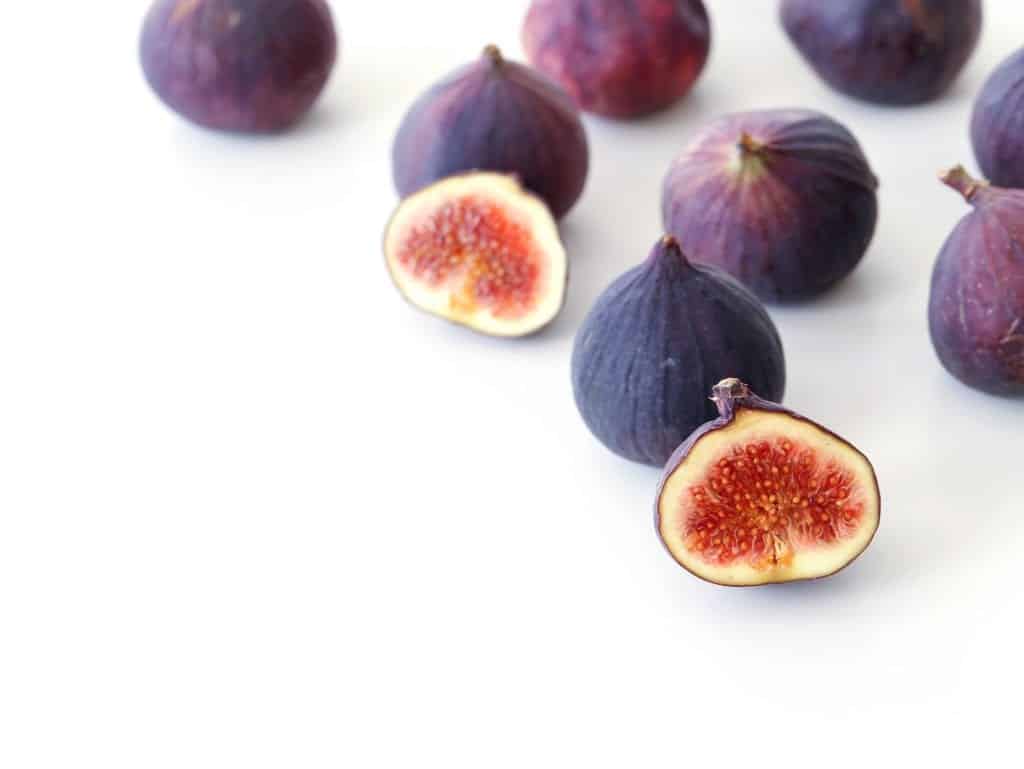
A high calcium fruit. Dried figs are the perfect snack for the hours in between meals. One of the most calcium-rich fruits, they contain more calcium than other dry fruits. They are also rich in antioxidants and fibre and provide substantial amounts of potassium and vitamin K.
Some other calcium rich fruits are oranges, kiwi, guavas, mulberries, papaya, and blackberries.
To conclude, there are several foods high on calcium available which you can implement into your daily diet – however, if health problems persist it is advisable to try calcium supplements after seeking medical help.
Key Pointers And Takeaways
- A higher dose of calcium is needed for girls in their growing age, and for pregnant women and women nearing menopause, health problems can be avoided if calcium is included in the diet from an early age.
- There are numerous dairy and non-dairy foods high on calcium you can include in your diet to increase calcium levels in the bloodstream.
- Calcium insufficiency if not appropriately treated, can lead to fatal health hazards.
If problems persist, we advise you to seek medical help.

